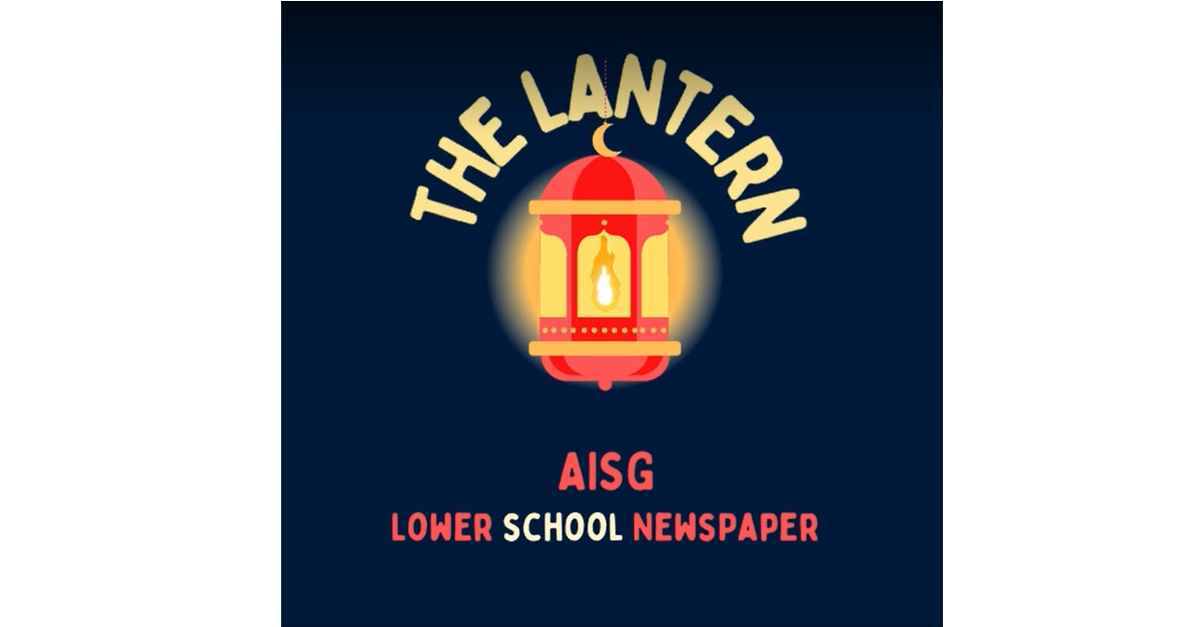Turkey’s Veto against NATO

Author: Michael Wang-Hay Pang, 8th
Editor: Ryan Lee, 8th
Last year, leaks revealed that Turkey had threatened on the eve of a NATO summit to block a key defense plan in protecting the Baltic states and Poland against Russian aggression, only backing down if NATO recognized the Kurdish People’s Protection Units militia as terrorists. The US has soon rejected this claim, stating that giving a list of terrorists isn’t reasonable as the Kurdish groups allied them during the conflicts against the Islamic state and Al Qaeda in Syria, with The Guardian News stated that, “The most effective terrorism countering regions is the Kurdistan Workers Party.” With the two sides in a heated argument between power and defensive countermeasures, probable warfare and action between the two sides seems imminent.
By vetoing EU and NATO policy, Turkey has took action in the recent weapon embargo to Libya, “with the trade containing 3000 Turkish-made pistols, hunting rifles, and ammunition,” according to the Benghazi’s Benina airport customs services. A day earlier, cargo of 2.5 million Turkish-made bullets was seized at the same port, the same source said.
The selection of all NATO decisions work in the framework of consensus, therefore, form a complex but fragile process of negotiation wherein nations are invited to compromise on matters of mutual interest. Connected to the fact that turkey had broken various policies, it is hypothetical that NATO can’t successfully enact any policies that vetoes turkey’s own will.
These undesirable vetoes provided form the turkey military will make the other countries come up with doubt on the capability of NATO. President of France, Macron, reacted to the clash with Turkey over the arms embargo on Libya by reiterating his assertion that NATO was “brain dead” for ineffective controls in Turkish adventurism. In a recent interview, Armenian President echoed these remarks by putting at stake NATO’s credibility over the organization’s seeming inability to influence its member’s involvement in the Caucasus. It is not difficult to hypothesize the outlook that NATO would eventually be replaced or weaken as a military control center in the future.
When that group turned to violent terrorist tactics in the early 1980s, the government responded with force, killing many non-PKK Kurdish villagers in the process. In the past ten years there have been thousands of deaths of Kurdish and Turkish civilian bystanders, as well as Turkish soldiers, PKK guerrillas, journalists, and human rights activists.
Water issues are particularly contentious with in Syria. The conflict had long begun since Turkey began construction of the Guneydogu Anadolu Projesi (GAP), the large dam project on the Euphrates River that, when completed in the mid-1980s, restricted the flow of water into Syria and drains off water from the Syria border. Turkey claims that the Euphrates and Tigris Rivers are water courses that belong to one country while the river flows through it. Syria, however, thought that the water belongs to no one. Turkey has also used its “Blue Homeland Doctrine” to illegally drill oil in the maritime zone of Cyprus, a country in the Middle East and Greece, causing an undeniable conflict between the three countries.
Turkey keeping bad relationship especially with helpful country such as Syria and anti-terrorism groups like the PKK and YPG vetoes the stability control of NATO in the middle east.
Turkish boost to the middle east opposition of NATO such as the Hamas in order of political objectives to be achieved through local tensions could bring catastrophic results to the wider theater of the Eastern Mediterranean, threatening the now visible regional peace and stability that’s been sought after for such a long time.






